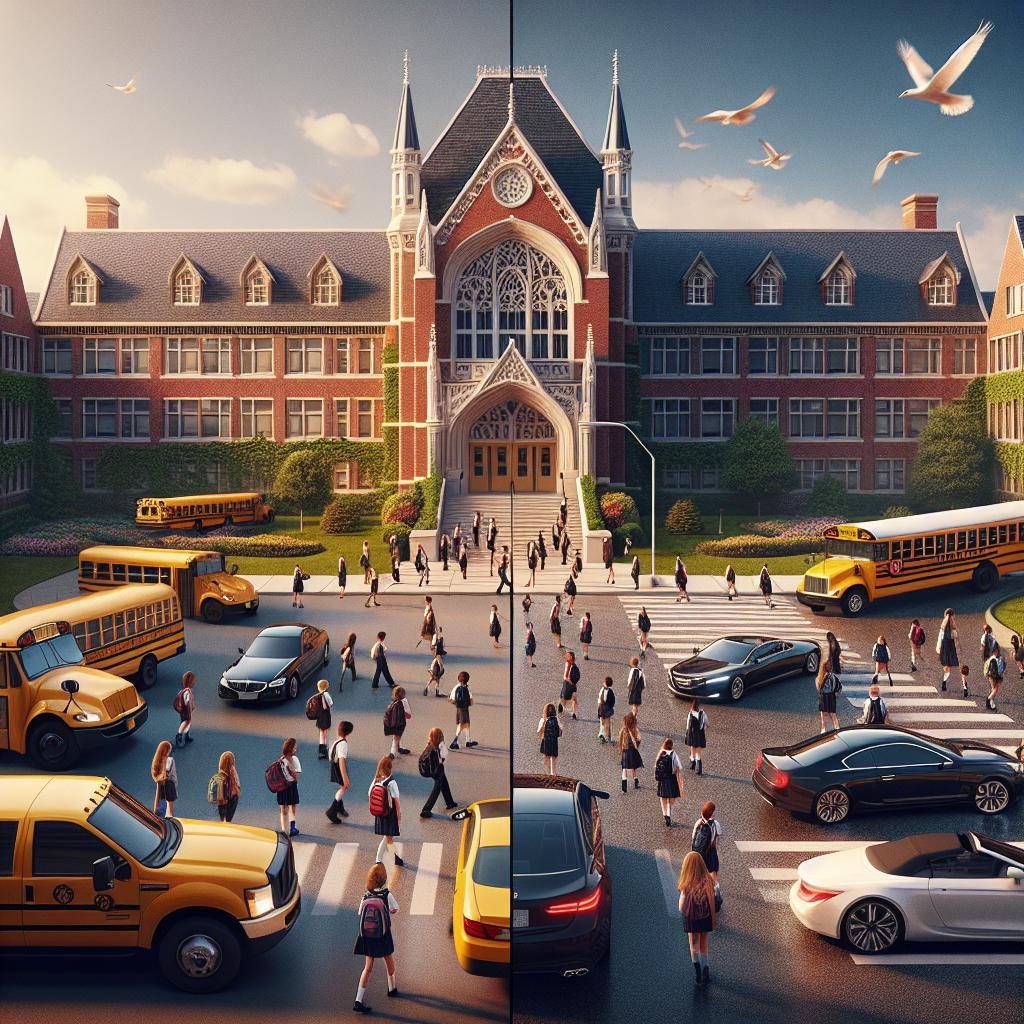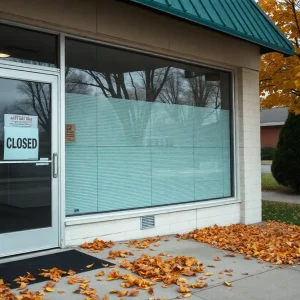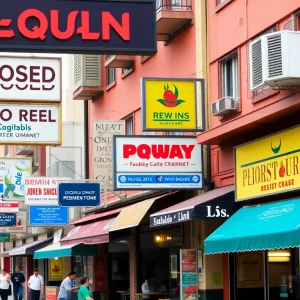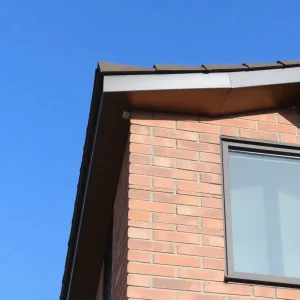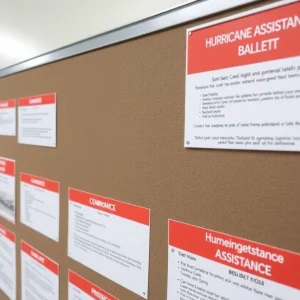Columbia, S.C.: Court Ruling Alters Educational Financial Landscape
In a landmark decision that has left many South Carolinians grappling with its implications, the state’s highest court ruled on Wednesday that a law allowing parents to allocate taxpayer money for private school expenses is unconstitutional. This 3-2 ruling prohibits the use of “Education Scholarship Trust Funds” for tuition or fees at private institutions but does permit parents to spend those funds on tutoring, textbooks, and other educational materials.
What’s at Stake for Families?
Nearly 3,000 students had already received $1,500 each under this controversial program. The court ruling has directed that no repayment will be demanded from families who have spent those scholarship funds on private school tuition or fees, which comes as a relief to many. Still, the ruling has set off a chain reaction of emotions, ranging from despair to uncertainty among families who had hoped for more educational options.
The debate around this program isn’t just local; it’s part of a broader, national conversation about school vouchers and the use of public funds in private education, which has gained traction in at least 16 states. The South Carolina ruling specifically invoked a part of the state constitution that prohibits the allocation of public money to benefit private educational institutions directly.
What Led to the Court’s Ruling?
The case was argued in front of the justices back in March, before any funds were distributed. The crux of the legal argument hinged on a historical amendment to the state constitution, crafted following decades of struggle against racial segregation in public schools. Justice Gary Hill, who penned the majority opinion, emphasized the intention of the constitutional amendment to assure that public funds are not used to benefit private education, regardless of the mechanics behind how the funds are allocated.
In his ruling, Justice Hill pointed out that parents using the scholarships to pay for private tuition ultimately shifts public funds into private institutions, which runs contrary to the constitutional provision established to ensure public education for all children.
A Division in the Court
The ruling did find some support in dissenting opinions, notably from Chief Justice John Kittredge, who argued that the ruling underestimates the broad legislative power of South Carolina’s lawmakers. He contended that there are already existing frameworks where public money aids education without directly benefiting private institutions, citing state lottery-funded scholarships as an example.
Justice Hill rebutted this by clarifying that those examples operated under different structures compared to the trust fund-driven vouchers that were now in jeopardy.
What Happens Next?
Supporters of the overturned law have several options moving forward, including the possibility of appealing the ruling. Additionally, they could consider introducing a constitutional amendment to voters in future elections, although this plan is met with trepidation due to the challenge of securing a majority.
Education officials and policymakers are expressing deep concerns over the ruling’s impactful consequences. Republican State Superintendent of Education, Ellen Weaver, described the decision as a heartbreaking setback for families who were eyeing enhanced educational opportunities for their children. She emphasized the collective grief echoed among those families when they learned of the court’s decision.
Looking to the Future
Governor Henry McMaster has also voiced intentions to ask the court to reconsider its ruling, emphasizing the potential fallout for many low-income families who had benefited from the program. Republican Senate Majority Leader Shane Massey echoed these sentiments, stating that the ruling marked a shift away from previous court opinions that had favored similar educational financial arrangements.
The now-voided law had allowed families making under approximately $120,000 annually to access vouchers, which were intended to expand educational choice to around 15,000 students each year. While political forces continue to maneuver around this controversial issue, the future of educational funding in South Carolina remains uncertain, with a lot riding on the voices of concerned families across the state.



